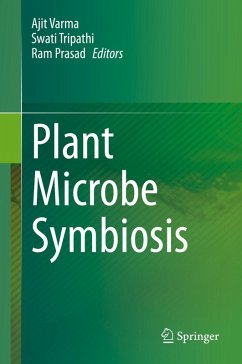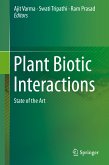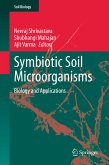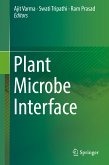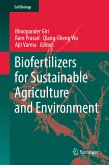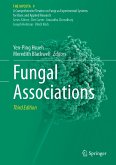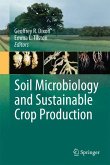Symbiosis is a living phenomenon including dynamic variations in the genome, metabolism and signaling network, and adopting a multidirectional perspective on their interactions is required when studying symbiotic organisms.
Although various plant-microbe symbiotic systems are covered in this book, it especially focuses on arbuscular mycorrhiza (AM) symbiosis and root nodule symbiosis, the two most prevalent systems. AM symbiosis involves the most extensive interaction between plants and microbes, in the context of phylogeny and ecology. As more than 90% of all known species of plants have the potential to form mycorrhizal associations, the productivity and species composition, as well as the diversity of natural ecosystems, are frequently dependent upon the presence and activity of mycorrhizas.
In turn, root nodule symbiosis includes morphogenesis and is formed by communication between plants and nitrogen-fixing bacteria. The biotechnological application of plant-microbe symbiosis is expected to foster the production of agricultural and horticultural products while maintaining ecologically and economically sustainable production systems.
Designed as a hands-on guide, this book offers an essential resource for researchers and students in the areas of agri-biotechnology, soil biology and fungal biology.
Dieser Download kann aus rechtlichen Gründen nur mit Rechnungsadresse in A, B, BG, CY, CZ, D, DK, EW, E, FIN, F, GR, HR, H, IRL, I, LT, L, LR, M, NL, PL, P, R, S, SLO, SK ausgeliefert werden.

